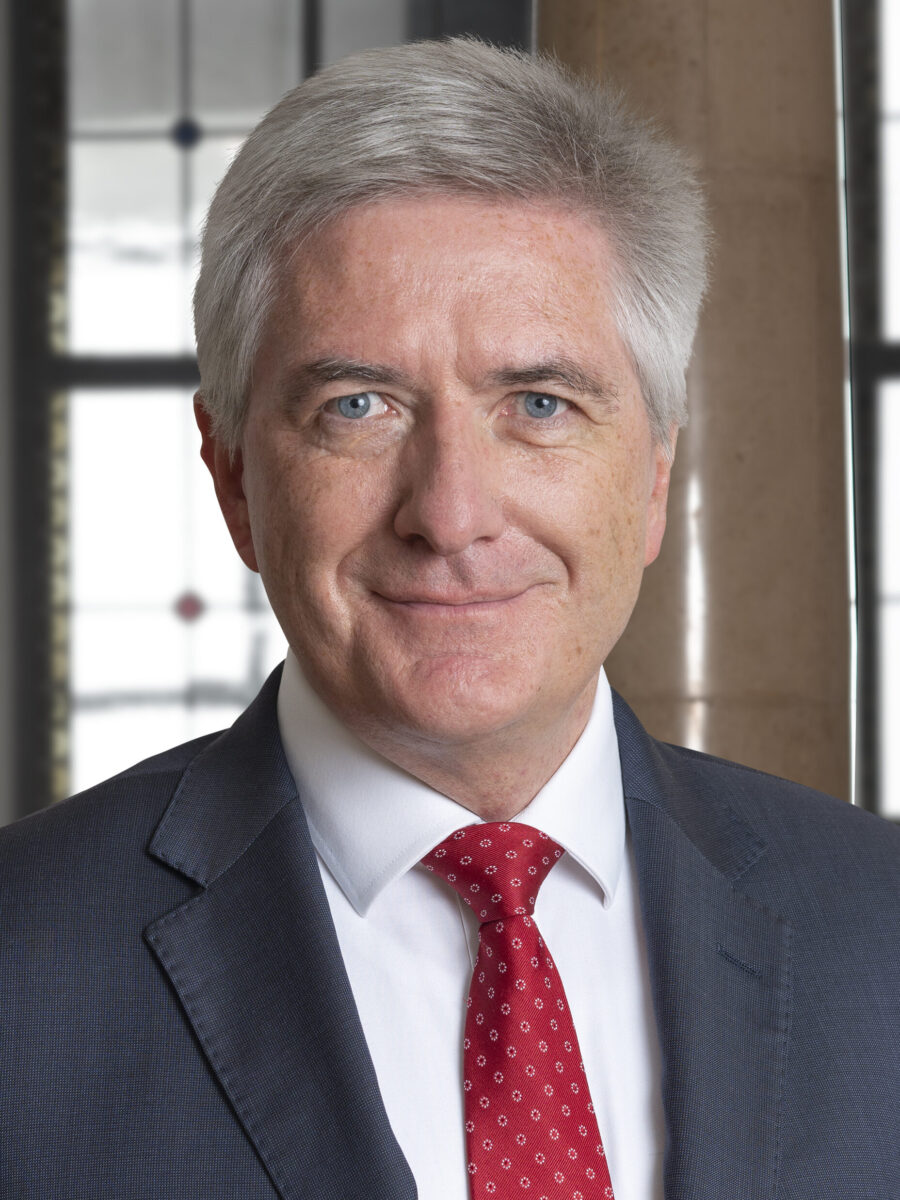
Dear Readers,
The economic recovery in Europe and China that was expected in the first half of the year has so far failed to materialise. In the third quarter, economic data was disappointing in almost all regions. Growth concerns came to the fore. With inflation continuing to fall, not only have hopes of interest rate cuts risen significantly on the market and bond yields fallen, but all major central banks have now made their first interest rate cut(s). Interest rate-sensitive and defensive investments such as gold, bonds and the property, utilities, consumer staples, telecommunications and healthcare sectors performed well. Cyclical sectors as well as oil and industrial metal prices fell. The stock markets trended sideways in the third quarter with greater fluctuations. European equities and small caps performed slightly better.
The first interest rate cuts are likely to be followed by further cuts. However, the market's high expectations for interest rate cuts only appear realistic if the US economy and the US labour market become significantly weaker. In this case, equities are likely to have little potential. In the event of a soft landing, our base scenario, interest rate cuts would be less severe, bond yields would rise again somewhat in the medium term and equities would offer more potential. For this to happen, however, the US economic surprises in the fourth quarter would have to be positive again. This does not seem impossible in view of the loosest financial conditions for more than two years, especially once the uncertainty surrounding the US elections is behind us. A sustained rise above the all-time highs for equities would then be conceivable. Until then, however, the volatile sideways market is likely to continue. The tight race for the US presidency and the US Congress is entering the hot phase and early clarity is unlikely. October is historically the most volatile month for equities anyway. In the short term, it is therefore not the time for bold portfolio positions, especially as the increasing market breadth also requires a less-focused portfolio and should benefit our broad positioning. Many investors have ‘parked’ money in short-term interest rate investments over the last few years. The holdings of US money market funds have increased by USD900bn to USD6.3trn since mid-2023. This strategy has not been successful so far. The 4.0% that investors achieved with overnight money in euros in the last 12 months was beaten by all other asset classes, above all by gold, which rose by almost 30%. Also, with the interest rate cuts, reinvestment is now becoming increasingly unattractive. Investors are likely to increasingly turn to other investments again in the medium term. All asset classes are likely to benefit from this, especially medium-term bonds, favourably valued equities (eg Europe, emerging markets, small caps) and gold. Even if the trees do not grow into the sky, we are confident that a broad multi-asset portfolio will continue to perform significantly better than short-term interest rate investments, despite all the uncertainties and risks.
In the Insights interview Maria Ziolkowski, portfolio manager for bonds, talks about what fascinates her about bonds, what characterises the Berenberg bond team and which bond strategies are currently attractive.
Enjoy the read!
Publisher

Prof. Dr. Bernd Meyer
Prof. Dr. Bernd Meyer has been Chief Investment Strategist at Berenberg Wealth and Asset Management since October 2017, where he is responsible for discretionary multi-asset strategies and wealth management mandates. Prof. Dr. Meyer was initially Head of European Equity Strategy at Deutsche Bank in Frankfurt and London and, from 2010, Head of Global Cross Asset Strategy Research at Commerzbank. In this role Prof. Dr. Meyer has received several awards. In the renowned Extel Survey from 2013 to 2017, he and his team ranked among the top three multi-asset research teams worldwide. Prof. Dr. Meyer is DVFA Investment Analyst, Chartered Financial Analyst (CFA) and guest lecturer for "Empirical Research in Finance" at the University of Trier. He has published numerous articles and two books and received three scientific awards.



